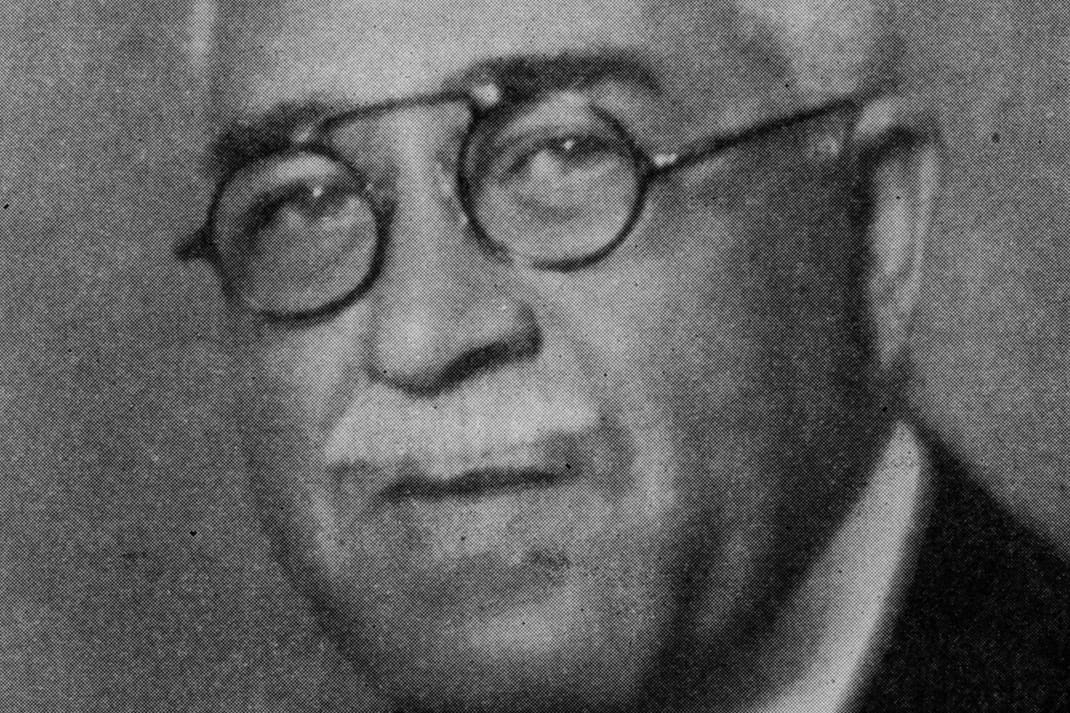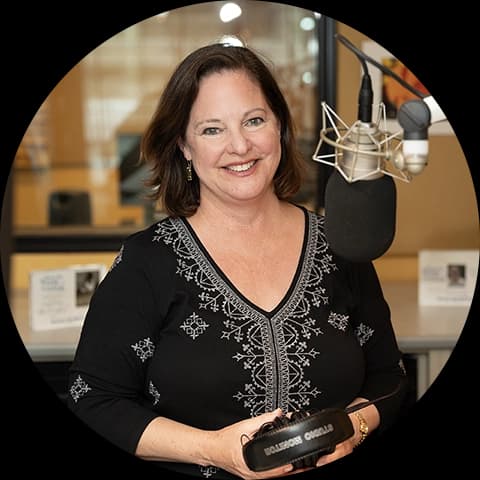
articles / America
Lift Every Voice: The Inspiring Life of Harry T. Burleigh

About Open Ears: So many people who made invaluable contributions to classical music have been nearly lost to history or are underappreciated in their time. That’s why KUSC is starting Open Ears, a series of stories about composers, musicians, and conductors who deserve more recognition. You can learn more and explore other articles here.
The remarkable life of African-American composer, arranger, and singer, Harry T. Burleigh would make a wonderful movie. Imagine the scene where Antonin Dvorak overhears Burleigh’s gorgeous baritone voice singing in the halls of the National Conservatory. And he would be singing traditional spirituals, a music wholly new to the great Czech composer. Their meeting would profoundly change the course of Dvorak’s music.
Harry Burleigh’s maternal grandfather was born a slave in 1835. He eventually bought his freedom for $55 and moved his family to Erie, Pennsylvania, where young Harry was born just one year after the end of the Civil War (1866). From his grandfather, Harry is said to have inherited his beautiful voice as well as a wealth of knowledge about the Negro-Spiritual and Plantation song tradition. Young Harry’s prodigious musical gifts came to the attention of Frances MacDowell, (the mother of composer Edward) who arranged for him to attend the prestigious National Conservatory of Music in New York City. There he made the acquaintance of the conservatory’s director, Czech composer Antonin Dvorak. Their auspicious meeting resulted in a new and important “American” period in Dvorak’s compositional output. Dvorak famously said: “In the negro melodies of America I discover all that is needed for a great and noble school of music.”
Burleigh would go on to be a renowned singer in New York City, landing the position of soloist at St. George’s Episcopal Church, over the objections of most of the all-white congregation. (J.P. Morgan cast the deciding “yes” vote). Burleigh remained in the choir at St. George’s for 50 years. In time, Burleigh’s singing career was eclipsed by his output of original art songs and his arrangements of Negro Spirituals. He was a founding member of ASCAP, the recipient of the NAACP’s Spingarn Medal, and throughout his long life, a champion of Black music and musicians.
When he died in 1949 at the age of 82, his funeral was held at St. George’s, and was attended by more than 2,000 people. Pallbearers included jazz greats Eubie Blake and William C. Handy. Several of his works appear to this day in the official hymnals of the Episcopal Church of America, including the definitive arrangement of “Lift Every Voice and Sing!”






